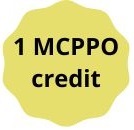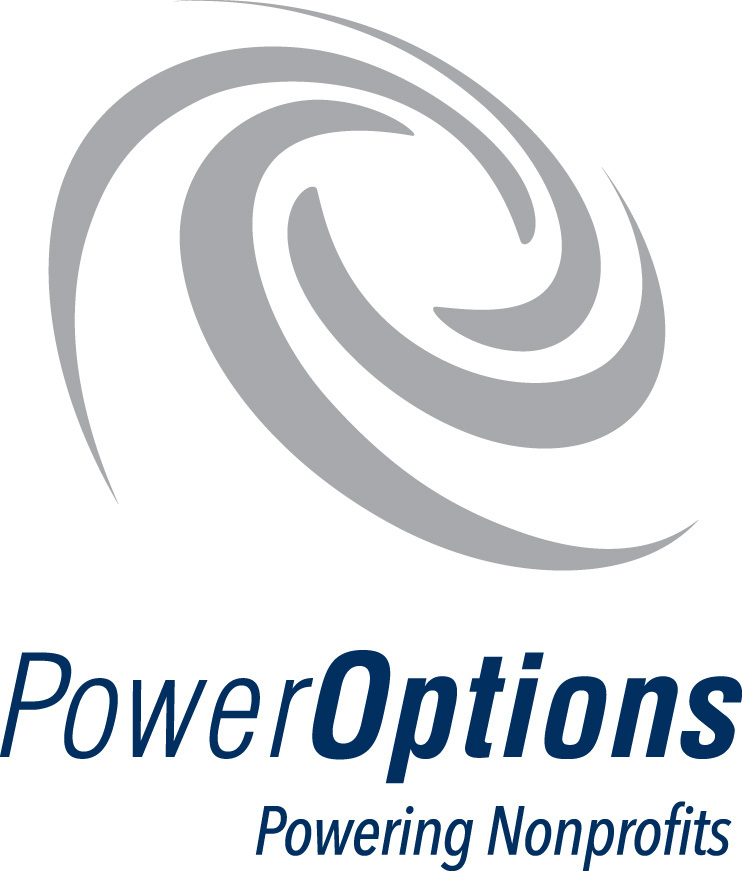
FY23 A.I. How to Make Electric School Buses the Fiscally Responsible Choice*
-
Register
- Community Admin - Free!
1. Explain how nonprofits like PowerOptions can help lower the cost of and reduce the time to procure clean energy and electrification improvements
2. Understand new models and services, such as fleet electrification-as-a-service, and how they make upgrading to electric school buses simple and affordable
3. Understand the varied benefits of electric school buses, including their impact on neurodivergent students and on student attendance, academic performance, and health
Numerous studies have shown that the tailpipe emissions from diesel school buses can harm children's lungs and increase the risk of pediatric asthma, which can also increase absenteeism. Luckily, the switch to electric school buses (ESBs) can provide a range of benefits – including improved student and community health, better driver recruitment and even stronger student academic performance, among others: for instance, students riding clean school buses have 8% less absenteeism than students riding diesel buses.1 ESBs not only provide a healthier environment for students, but they also provide quiet and clean transportation for students with neurological differences.
However, electrifying a fleet carries hidden costs and requires significant time and expertise. Fortunately, there are several options that can make electrification the fiscally responsible choice, including: new business models; state, local, and federal grants; and combinations of clean energy technologies. Highland regional business manager Jason Raposa and PowerOptions’ president and chief executive officer Heather Takle will explain how non-profits like PowerOptions can help schools reduce the time and cost associated with clean energy procurement, and how public-private partnerships can reduce the risk, cost, and complexity of electrification and other clean energy initiatives. Heather will explain PowerOption’s Clean Transportation (EV) Program, which can help provide electric vehicle chargers and fleet options to nonprofits and public entities. And Jason will discuss how public-private partnerships like
Highland’s have removed the upfront cost of electrification for districts around the U.S., and provided budget neutrality or savings compared to current diesel fleet costs.
Sources:
American Journal of Respiratory and Critical Care Medicine. Available at: https://www.atsjournals.org/doi/full/10.1164/rccm.201410-1924OC#
 |  |  |

Amy McGuire
Director, Market Development
Highland Electric Fleets
Amy McGuire is a clean energy and climate change expert with experience in both the public and private sectors. She is currently the Director of Market Development at Highland Electric Fleets.
Over the course of her career, Amy has had the opportunity to lead initiatives in energy resilience, solar financing, energy storage, electric vehicles, and the first-in-the-nation Massachusetts Clean Peak Energy Standard. At Highland, Amy is heading up the effort to develop and execute strategies designed to mobilize stakeholders within and around a school district to encourage a school district to electrify its bus fleet. This includes community organizing, mass market education, policy advocacy, and major account political support as well as engaging with utilities, regulators, and legislators around existing and potential future programs designed to support electric school buses.
Amy holds an MPA in Environmental Science and Policy from the School of International and Public Affairs at Columbia University and a BS in Earth Systems – Renewable Energy Resources from Stanford University. Amy is mum to a fabulous seven-year-old, a former professional cyclist and elite triathlete, a passionate home DIY-er, and care-giver to newly adopted Great Dane, Norman.
Jay Sullivan (Moderator)
Associate Commissioner, School Finance and District Support Center; MASBO Treasurer
Department of Elementary and Secondary Education
Jay Sullivan is the Associate Commissioner for District & School Finance in the Department of Elementary & Secondary Education. In this capacity, he directs the Offices of School Finance, School Business and Regional Governance. He also oversees a variety of financial programs, including Special Education Circuit Breaker, School accounting, End of Year Financial Reporting and Auditing, Transportation, as well as federal compliance issues relative to maintenance of effort requirements and the calculation of district’s indirect cost rates. Jay has worked for the Department for over 43 years as an auditor, administrator and business manager.